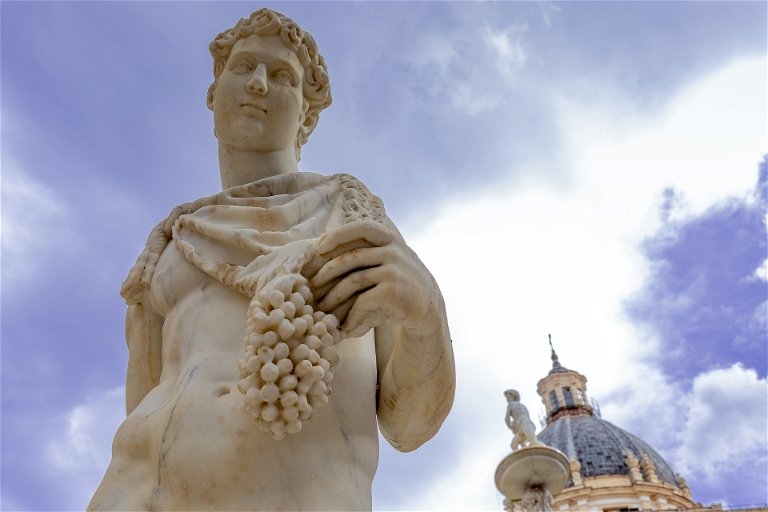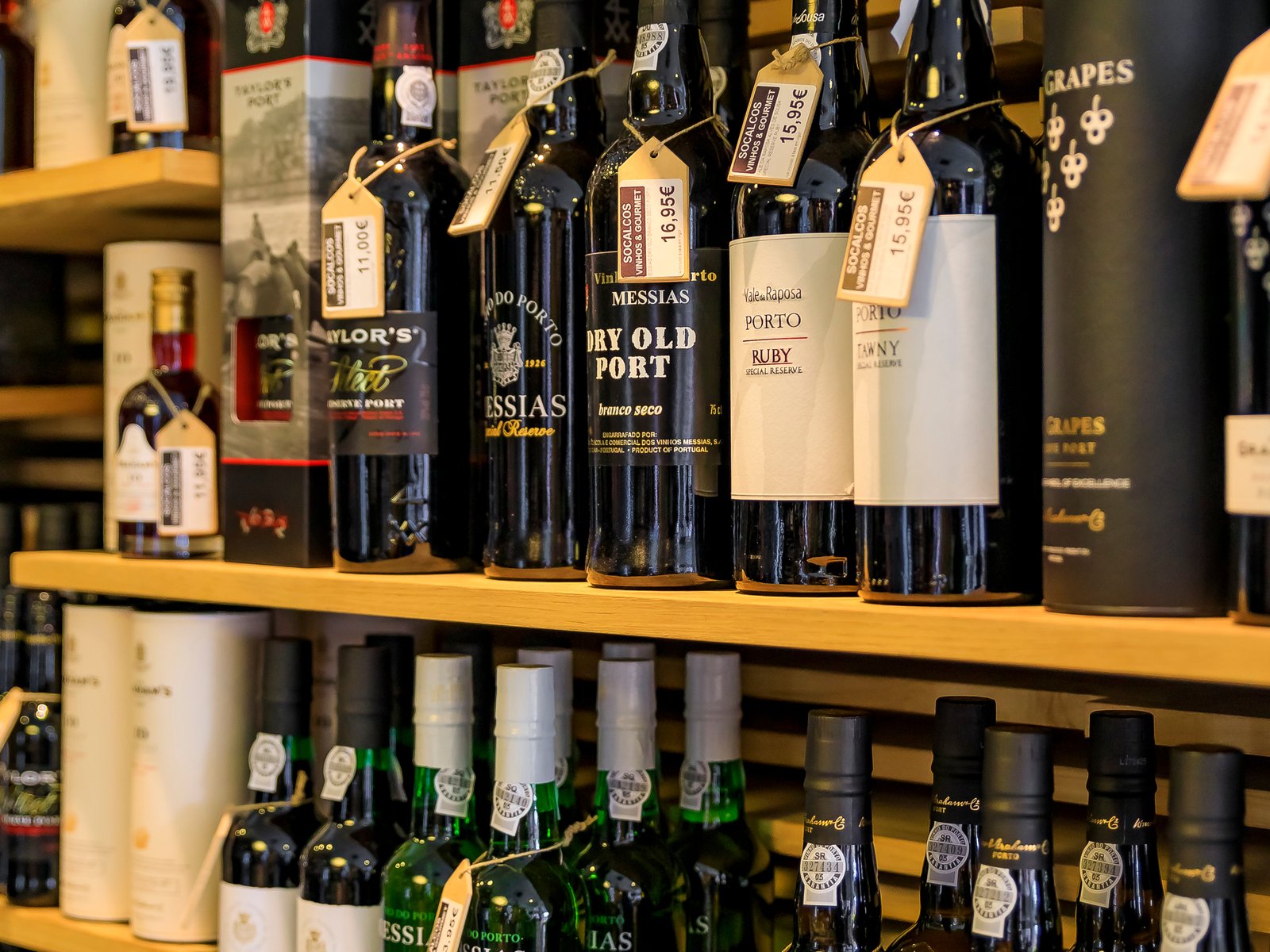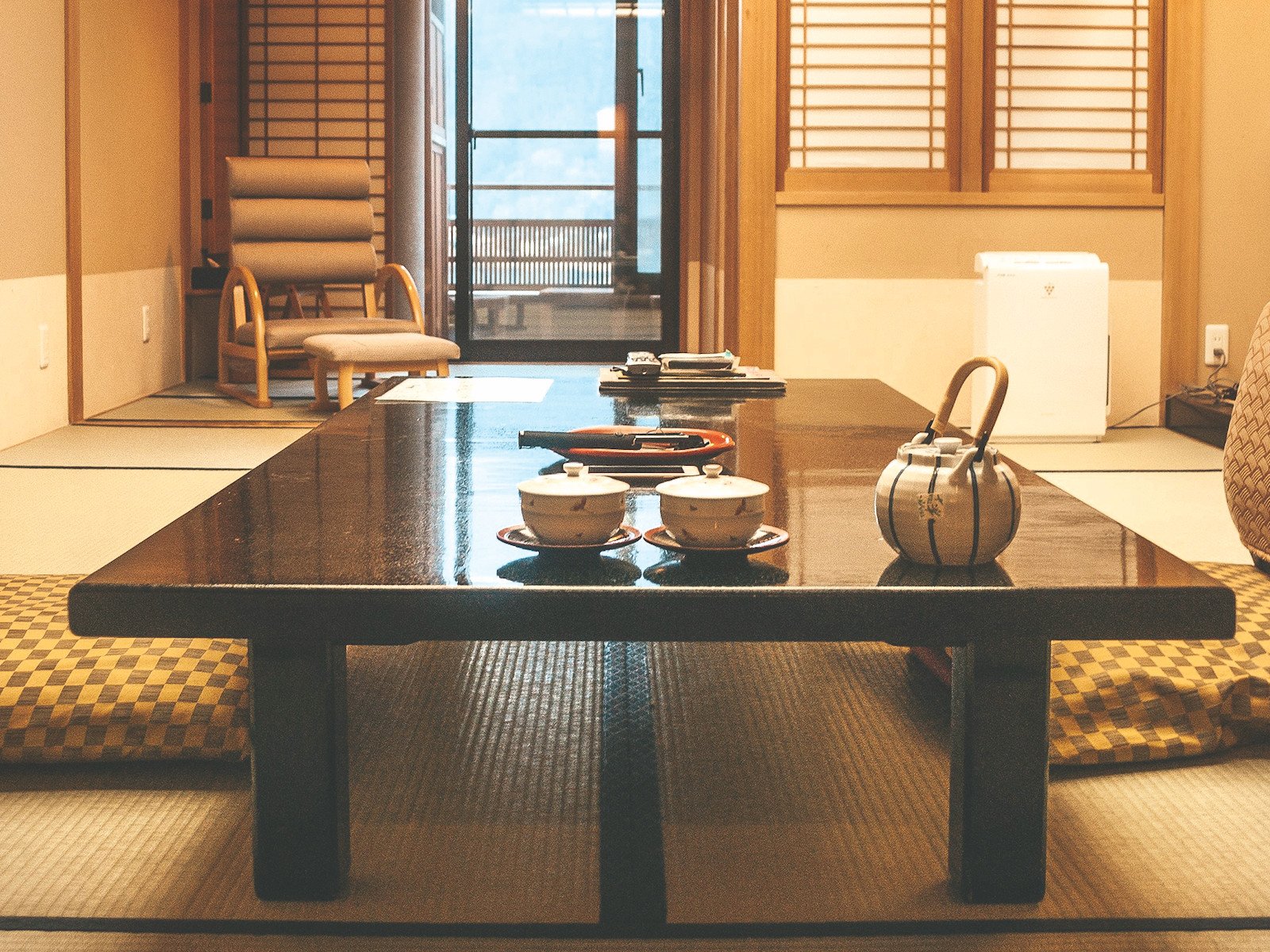Nunc Est Bibendum - Now Is the Time to Drink
Wine has been with us humans for forever – while circumstances may have changed, the essential truths of drinking and imbibing remain. Here's how the ancients drank.
Ancient Greece and Rome seem like a distant era. We admire crumbling temples and entertain children with colourful myths but feel little connection to the people who created them. Yet, strip away the advances in technology and the preoccupations are very much our own. How do you throw the best party? Will your wine knowledge impress the boss? Will that bottle of wine solve all of life’s problems? Does wine make you a wittier, more interesting person? Does it pose an unacceptable threat to civic order? Forget the legacies of democracy, language, art and philosophy; let us look at Greeks and Romans through the prism of wine instead.
“Nothing in excess” was the famous motto greeting travellers to the oracle at Delphi. Moderation is indeed a theme that runs through much of classical Greek culture, but do not for one moment believe that they did not celebrate with the occasional bout of overindulgence.
Look more closely at all those dreary pottery fragments. Many were once drinking vessels, their images clearly designed to provide the holder with inspiration for livening up a party. A favourite game was kottabos, which involved flicking your wine dregs at a target. Most of the other “entertainment” suggested would land you in serious trouble with either your host or the police if replicated today.
Just like us, 5th century Athenians worried whether such debauchery was really acceptable. Euripides’ play The Bacchae sees King Pentheus develop a puritanical yet prurient obsession with the women of Thebes, who keep disappearing into the mountains for Bacchic ‘revels’. Pentheus insults and locks up Dionysus, the effeminate god of wine, who takes inevitable revenge by driving the women into such a frenzy that they rip the king to pieces. If only he had listened to the prophet Teiresias, who urged tolerance of this new wine culture, saying: “It releases wretched mortals from grief, whenever they are filled with the stream of the vine, and gives them sleep, a means of forgetting their daily troubles; nor is there another cure for hardships.” In short, we should tolerate the drunken disorder of a Saturday night to safeguard that restorative pleasure of a glass of wine at the end of a long week.
It wasn’t only the tragedians who used their plays to examine how we should live our lives. Amid the general drunken bawdiness that permeates Aristophanes’ satirical comedies lie a few more serious thoughts, especially on the best way to tackle corrupt or incompetent politicians. His play Knights sees a disgruntled slave called Demosthenes trying to work out how to get rid of another dishonest, slick-tongued slave who is misleading their master Demos, i.e. the People.
Demosthenes turns to a glass of wine for inspiration: “Do you dare to accuse wine of clouding the reason?” he rebukes a fellow slave. “Quote me more marvellous effects than those of wine. Look! When a man drinks, he is rich, everything he touches succeeds, he wins lawsuits, is happy and helps his friends. Come, bring hither quick a flagon of wine, that I may soak my brain and get an ingenious idea.”
Plus Ça Change
The Romans too had plenty to say on wine, not least when it came to showing off their knowledge of the 1st century AD fine wine scene. The poet Horace invites wealthy patron Maecenas to “come and drink with me rough Sabine wine in cheap cups”. It may only be the humble local plonk, but Horace smoothly notes that he made it himself to commemorate a moment of great public success for the political powerhouse Maecenas. Once this lowly but sentimental wine has been finished, Horace urges his benefactor to upgrade to a more fitting quality grade, well beyond his own modest means. “Then, drink Caecubum and the juice of the grape crushed in Campania’s presses: my cups are unmixed with what grows on Falernian vines or Formian hills.” Such toe-curling flattery doesn’t seem to have done Horace’s career prospects any harm, nor is he the last person to successfully massage sensitive egos of the elite.
So what do we take away from that? That the more things change, the more they stay the same, to paraphrase a much more modern author. So raise your cups and glasses: nunc est bibendum.














